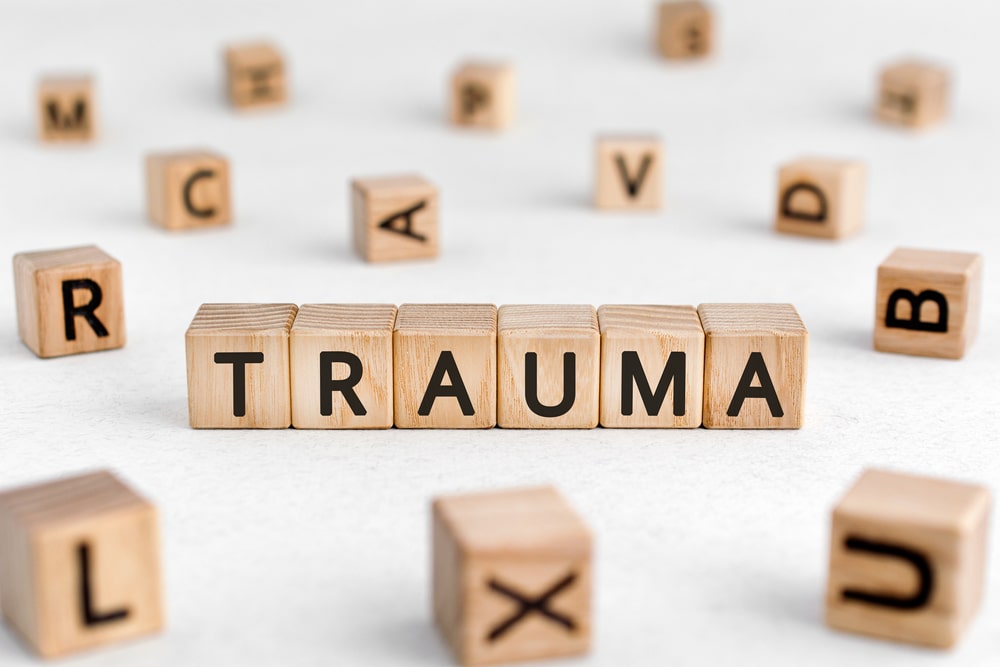After experiencing a traumatic event, you might worry that you won’t feel better for the rest of your life. You can take numerous steps to help yourself feel happy and healthy again, even if it takes some time. Be confident that you will be fine and that your healing journey will be successful.
To help you recover from trauma, we’ve compiled a list of ten alternative strategies. The first step is to define trauma, and then we’ll discuss various measures and techniques you can try if you are experiencing trauma.
What Exactly is Trauma?

Trauma occurs as a result of a traumatic experience. When you are emotionally or mentally traumatized by something that has happened, you may develop post-traumatic stress disorder (PTSD).
There are many trauma causes, including the death of a loved one, abuse, a plane crash, a car accident, an extraordinarily tense relationship, and natural disasters such as earthquakes and storms.
You are most likely feeling trauma if you are surprised, upset, anxious, or otherwise overwhelmed by one of the abovementioned events—trauma results from the body’s and mind’s reaction to an incident or experience. Because traumatic stress affects the brain, it is critical to take efforts toward recovery and minimize its detrimental consequences and impacts.
To begin with, healing from trauma requires a desire to do so as well as a willingness to receive assistance and support. Your rehabilitation process may end up being largely solitary, or it may involve a lot of group therapy or individual counseling. You’ll have the highest chance of doing well if you are in the space of accepting support, regardless of the natural course it will take.
Accepting Help.
Support might come from family members, friends, a support group, a therapist, or coworkers. The key here is to have a mindset where you are aware that others might be able to assist you and ready to accept that assistance.
Use Meditation or Mindfulness Exercises.
Being aware is one action that has been shown to assist healing. It’s a way of living life where you intentionally focus on taking in each moment. You remain aware of everything, including your thoughts, feelings, and physical well-being. You can reduce your tension by doing this.
Additionally, mindfulness-based practices like breathwork and meditation can lower stress levels and make you feel more at ease and content in your life. All of these aid in healing.
Find the Best Assistance.
Next, find out what kind of assistance is most appropriate for your situation.
If seeking therapy sounds like the right move for you, you can search specifically for a trauma-informed therapist to make sure they are equipped to deal with trauma and can offer you the most effective care.
Another option is to join a support group where you can meet people who have been through a similar experience and find empathy and community.
Take Care of Yourself.
Stress becomes less through self-care. Additionally crucial, it feels fantastic. Through your healing process, practice self-care by consistently doing things for yourself that make you feel good and loving.
Self-care practices can be as easy and inexpensive as taking a bath. It’s important to prioritize taking care of oneself and to engage in activities that make you feel valued.
Use your Imagination.
Having fun is a fantastic way to recuperate. You may find that creativity involves generating music or simply listening to it. It could entail keeping a journal, creating poetry, or simply just reading fiction. It has been demonstrated that using your brain for creative and artistic activities improves physiological and psychological consequences in people.
You can experiment with art therapy or use your creativity casually on your own. The important thing is that you express yourself creatively in any way that makes you feel good.
Engage your Emotions.
One popular method for reducing stress and navigating challenging situations is journaling. If it seems like it would be helpful for you, try it. Even if it doesn’t, taking some time to sit and process your emotions will be beneficial. Try your best to connect with your emotions, give them a few seconds of your full attention, and then take note of how they pass.
Healing from trauma requires acknowledging and accepting your feelings. Along the way, you may experience challenging emotions like anger, which is okay. It’s normal to experience a wide range of emotions, and it’s okay if some of them are unfamiliar to you.
Moving Physically.
Last but not least, research indicates that exercise can reduce PTSD symptoms. Exercise and physical activity assist in recovery and give your body the feel-good hormones and endorphins it desperately needs.
It’s okay if you don’t enjoy working out! Take walks, engage in enjoyable activities like biking or roller skating, briskly follow a yoga DVD, or throw a small dance party. You will heal more quickly if you move your body.
Contact us at Kazmo Brain Center if you suffer from any trauma, and we will assist you.







